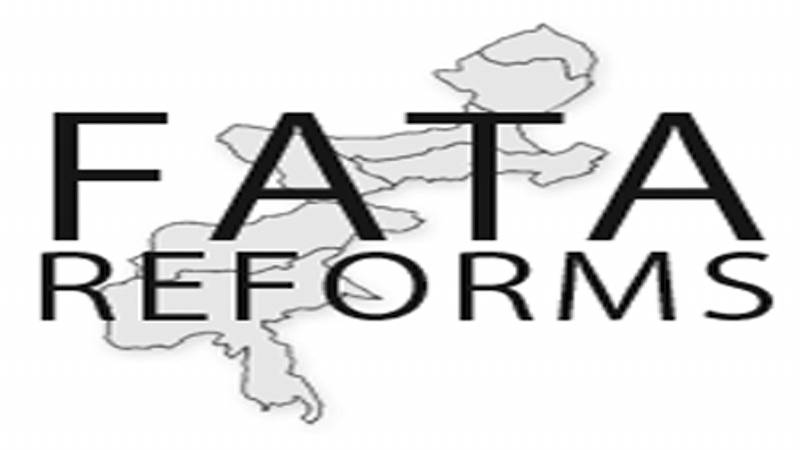Parliamentarians from Federally Administered Tribal Areas (FATA) should be satisfied; a day after they gave the government the May 20 deadline for the implementation of the FATA reforms package, reports have emerged that the government is set to table the Rewaj Bill 2017 in the next session of the National Assembly. The Frontier Crimes Regulation (FCR) replacement is a major component of the reform package, as it is set to replace colonial-era laws with modern legal systems.
However, as the FATA parliamentarians have noted, the bill is not the extent of the reform package; from the perspective of the FATA-KP merger and reallocation of provincial and national assembly seats, the bill is inconsequential even. The shift in the conversation from the Panama tussle to legislative work on the merger is commendable, but to deal with this exigent issue properly the government must go beyond simply passing a FCR replacement. Much needs to be done, and the FATA parliamentarians should not settle for any less than the complete package before the elections.
The government should also note that the May 20 deadline was not a hard date by which the reform had to be implemented, but rather a date by which special sessions in the National Assembly and Senate to discuss the reforms be convened. There is no haste to pass the bill. The Law Minister and the Prime Minister might be satisfied that the Rewaj Bill is in its final form and that it “caters to all stakeholders”, but the fact is that there are vast differences over the content of the bill – to the extent that the government might find it hard to pass the bill despite a large majority in the Parliament.
While it goes without saying that an important bit of legislation like this should be thoroughly debated and constantly revised in collaboration with lawmakers and stakeholders, the fact that the Rewaj Bill suggests some highly controversial provisions means that legislative scrutiny should be even more diligent.
Chief among those provisions are the one legalising the Jirga, and giving it power to hand out punishments. This provision institutionalises local custom and carries an appeal process to the high court, but it certainly does not bring modern legal systems to FATA as was promised. The horror stories over the years of absurd Jirga verdicts and the fear that this provision would concentrate power into the hands of the landowners and officials – those qualified to sit at the deciding panel – means that this provision should be reviewed several times in the Parliament, if not jettisoned completely.






